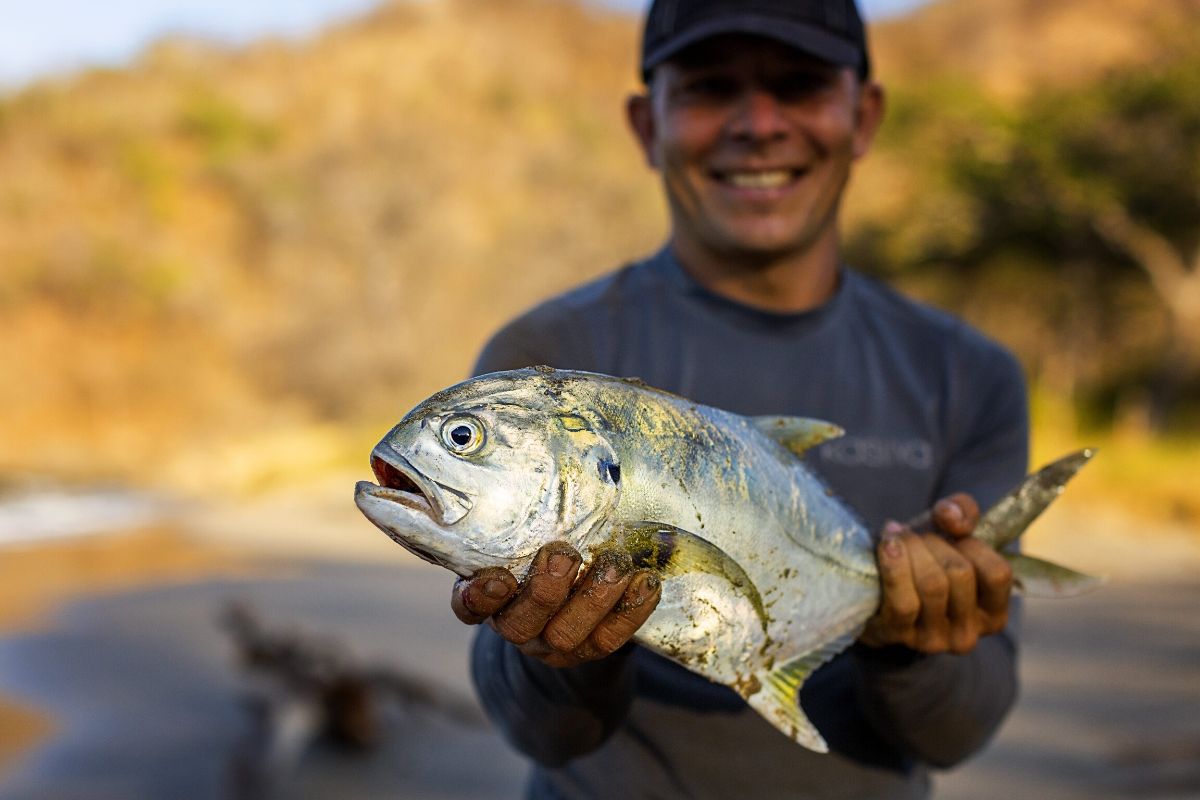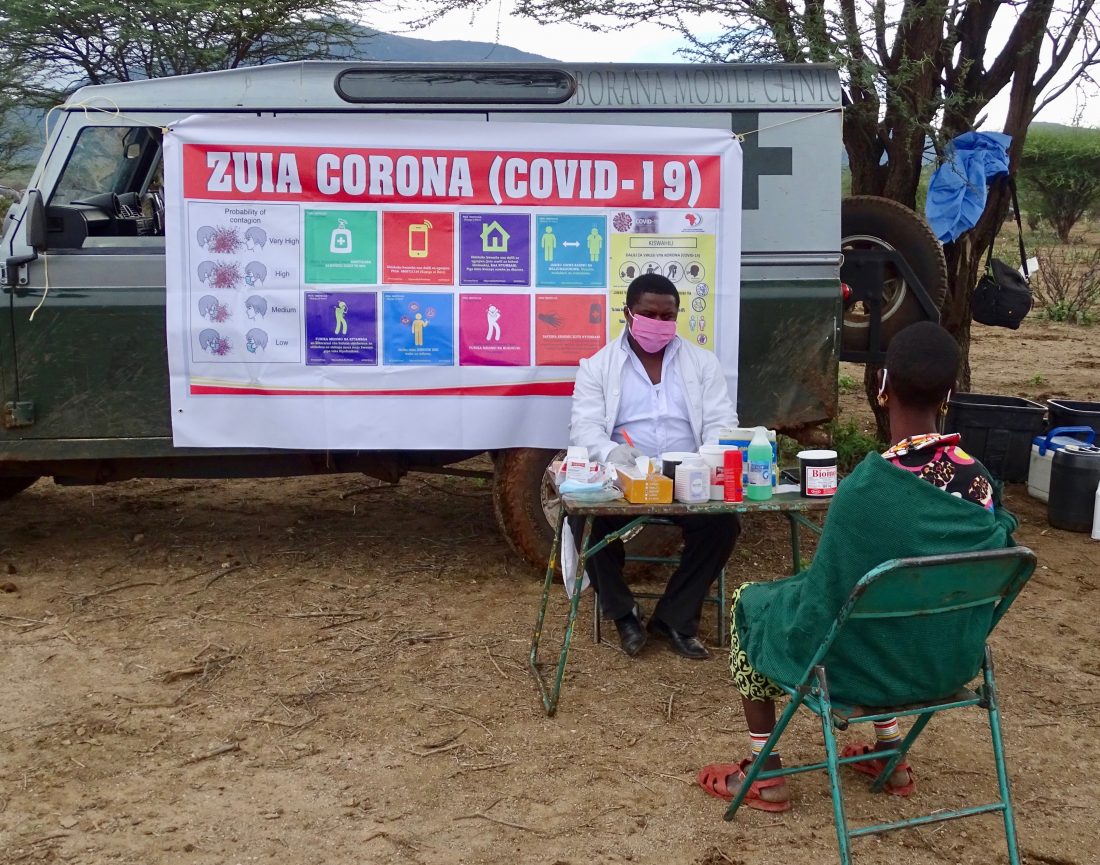Calling for responsible recovery of the tourism sector
This World Environment Day The Long Run is delighted to stand alongside the One Planet Vision for a Responsible Recovery of the Tourism Sector. The vision provides practical recommendations for recovery plans that balance the needs of people, planet and prosperity through six lines of action: public health, social inclusion, biodiversity conservation, climate action, circular economy and governance and partnerships.
This article was first published on the website of The Long Run, which joined NEPCon in March 2020 and has become part of our global family. Click here to read the original article.
Here, Delphine Malleret-King, The Long Run’s Executive Director, reflects on what responsible recovery means for The Long Run.
There’s nothing like a major crisis to strip you down and reveal what’s lurking beneath. For The Long Run, despite the enormous challenge facing both the conservation and tourism sector, it’s been reassuring. Our governance, community, partnerships and mission is stronger than ever.
The Long Run members collectively conserve over 20 million acres of fragile ecosystems, including landscapes and wildlife, and none of this work has stopped despite the pandemic and tourism’s pause. That’s because our members are primarily conservation projects that use tourism as a robust funding and advocacy tool — priorities have never been clearer.
The crisis has also proved the value of our 4C framework. The Long Run’s 4Cs — where travel businesses place a balance of Conservation, Community, Culture and Commerce at the heart of everything they do — is helping our members to build back better. If anything, the crisis has strengthened the role of the 4Cs, as members embed them into recovery and crisis plans.

The 4Cs are a concrete way to conceptualise sustainability, which is the only way a business can be resilient. It helps us to think strategically and creatively. Each C supports each other, and so members view everything — crisis or no crisis — through a holistic lens. Now, as always, it is essential to ensure that conservation works for the community, that commerce helps culture to thrive, that culture is celebrated on community terms, and that commerce is viable not to put culture, community and conservation at risk. Most importantly, the 4Cs framework allows our members and The Long Run team to adapt and step outside the box, confident that we won’t stray from our mission.
If the 4Cs framework has strengthened what we’re already doing, our network is helping us all to recover responsibly and come back stronger. Through weekly, targeted discussions with members and guests we have discovered again the power of collaboration, and how fundamental it is to progress. We have explored how to make operations and conservation work more resilient. . We have addressed diversification to ensure that ecosystems and communities are less dependent on tourism income.
From a new weekly farmers’ market at Kualoa Ranch in Hawaii to hygiene stations for the Samburu community at Sasaab in Kenya, members have shared how they have adapted to provide for communities during this difficult time. Meanwhile, experts such as Affiliate Member Eifsur and Fellow Member Nikoi Island (Indonesia), have guided us through environmental management to reduce carbon emissions and improve financial stability.

After listening to the needs of members, all of which rely on tourism to protect incredibly fragile landscapes and wildlife, we launched an umbrella fundraising campaign so that conservation can continue (through funding rangers), and kick-started a #NatureNeverStops campaign to help members engage with a world on a standstill.
Recognising that the individual plays a role in supporting biodiversity conservation, climate action, and social inclusion, we have also explored how to make the traveller experience more meaningful and connected to sustainability post-Covid. Other topics include health and safety and using downtime to innovate in new products that push our sustainable mission further.
The Long Run is a firm believer that for the travel industry to be genuinely sustainable, conservation and community must come first, not as a sideline activity. As the more privileged parts of the world have had time to reflect and rethink how we travel and do business during lockdown, we hope more people will now feel the same.
As World Environment Day reminds us, it’s time to wake up, to take notice, to raise our voices, and build back better for people and planet.



